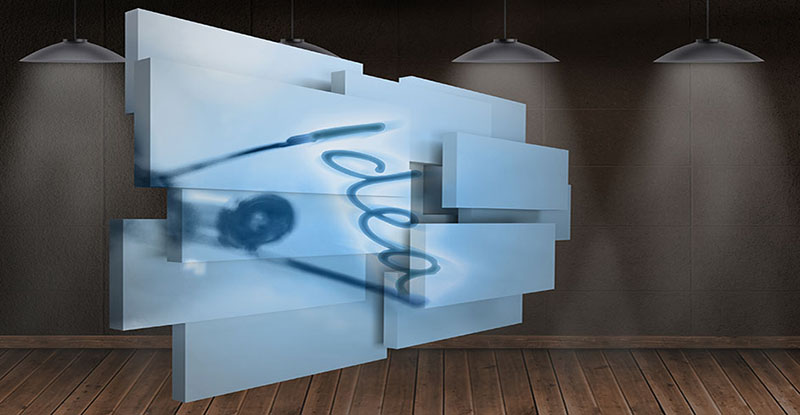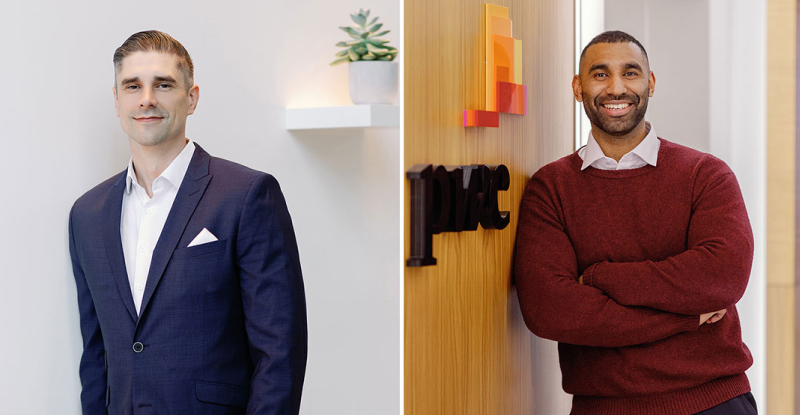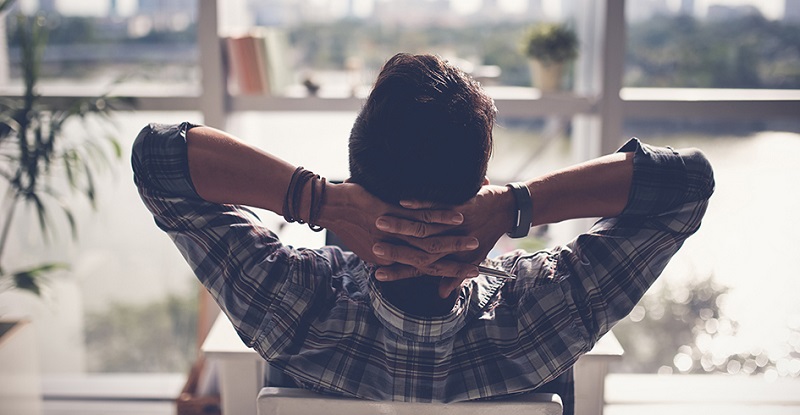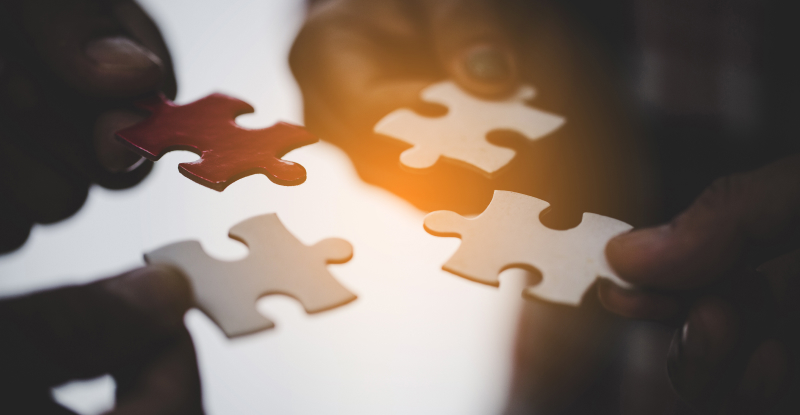
Listen to our podcast episode with this article's author, Terry Small, and Leah Giesbrecht, communications specialist, CPABC. Part of our Coffee Chats with CPABC podcast series.
John Cleese once said, "We don't know where we get our ideas from. What we do know is that we do not get them from our laptops." Indeed.
And I'm pretty sure you don't get your great ideas staring into your smartphone. Electronic devices have become the great distraction. And moments of brilliance are hard to come by when your brain is distracted.
Our devices: We can’t leave them alone
Smartphones are ubiquitous. Many people seem addicted. A recent study found that the average cellphone user touches (taps, types, clicks, scrolls, swipes) their phone about 2,617 times per day, and engages in about 76 phone sessions – i.e., picking up your phone to use it – each day.
Constantly checking for updates? There’s a name for that
Smartphone addiction has a name – nomophobia. This term was created by British researchers in 2008 to identify people who experience anxiety when they have no access to mobile technology. Needing “anything” in order to feel at ease or normal is technically a disability.
Remember, your brain is wired to be good at what it does. If you spend a lot of time being distracted, your brain gets good at being distracted.
Neuroplasticity – the brain’s ability to reorganize or rewire itself – cuts both ways.
What price do you pay? Your creativity and self-reflection suffer, and great ideas become scarce.
Is boredom the cure?
Research shows that downtime, even boredom, is good for your brain. We all need more of it. When a momentary gap appears in your day, instead of mindlessly reaching for your phone, mindfully let your mind wander.
Eureka moments usually come during periods of inactivity. I wonder what would have happened if Isaac Newton had been on his smartphone sitting under the tree?
He probably would have fired off an angry tweet about falling apples hitting his head. Instead he came up with a great idea.
How to reclaim your time (and your good ideas)
Create some blank space in your day, and your brain will likely respond with a great idea or two.
Author and former dot com business executive Seth Godin outlined five tips to achieve mental hygiene:
"Washing your hands helps you avoid getting sick. Putting fattening foods out of your reach helps you stay slim. And the provocations and habits you encounter in the digital world keep you productive (or drive you crazy):
- Turn off mail and social media alerts on your phone.
- Don't read the comments. Not on your posts or on the posts of other people. Avoid reviews and internet trolls.
- De-escalate the anger in every email exchange.
- Put your phone in the glove compartment while driving.
- Spend the most creative hour of your day creating, not responding.”
Godin sums up this advice, which can help us all create more space in our day, as follows: “Each habit is hard to swallow and easy to maintain. Worth it.”
Terry Small, B.Ed., M.A., is a master teacher and Canada's leading learning skills specialist. He is the author of the Brain Bulletin with over 34,000 subscribers worldwide.



